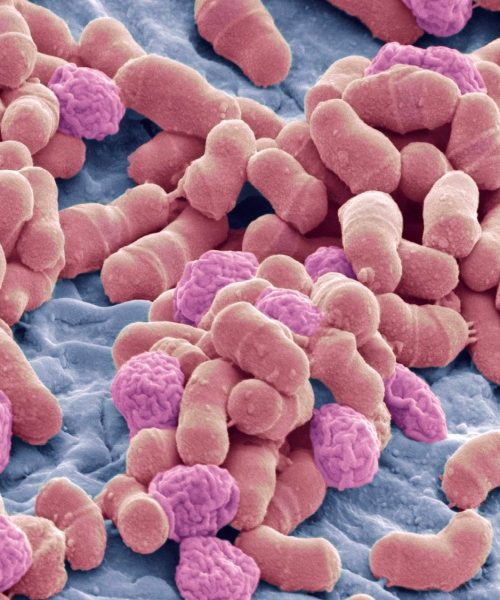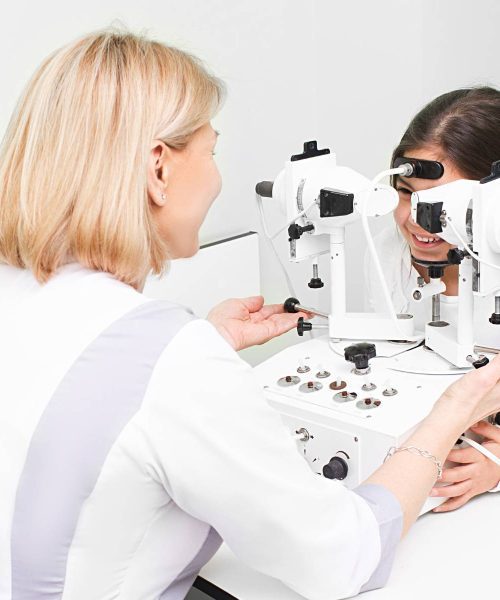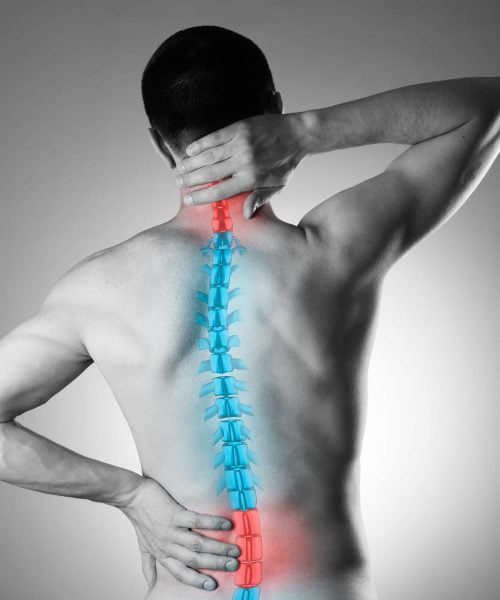Thyroid problems encompass a wide range of conditions that can affect the normal functioning of the thyroid gland. The type, condition, and severity of the thyroid disease play a significant role in determining the appropriate treatment approach. In this comprehensive guide, we will delve into the various thyroid conditions and explore the treatment options available for managing thyroid problems.
Hyperthyroidism: The Overactive Thyroid
Hyperthyroidism, characterized by the hyperactivity of the thyroid gland, can lead to conditions such as Grave’s Disease. When dealing with hyperthyroidism, several treatment options are available. Anti-thyroid drugs are commonly prescribed to regulate the excessive production of thyroid hormones. In certain cases, radioactive treatment or surgical removal of the thyroid may be necessary to restore thyroid function to normal levels.
Hypothyroidism: The Underactive Thyroid
Hypothyroidism, on the other hand, refers to an underactive thyroid gland. Surgical removal of the thyroid or chemical destruction can result in this condition due to the diminished functioning of the gland. Treatment for hypothyroidism involves replacing the missing hormones that are essential for the body to function optimally. Doctors typically prescribe thyroid replacement drugs to stabilize the condition and restore hormonal balance.
Thyroid Storm: An Urgent Medical Emergency
Thyroid storm is a life-threatening condition that requires immediate emergency care. It occurs when hyperthyroidism escalates rapidly, leading to severe symptoms and complications. Prompt medical attention is crucial in managing this critical situation and preventing further health risks.
Thyroiditis: Managing Painful Swelling
Thyroiditis refers to the painful swelling of the thyroid gland. Initial therapy for this condition often involves the intake of pain relievers with anti-inflammatory properties. In cases where inflammation persists, steroid drugs may be prescribed. To restore hormone production, thyroid hormone replacement drugs are sometimes included in the treatment plan.
Goiter: Enlarged Thyroid Nodules
Goiter, characterized by enlarged thyroid nodules, can occur in both hypothyroidism and hyperthyroidism. If thyroid surgery becomes necessary, thyroid hormone replacement is often initiated before the procedure. This ensures hormonal balance even when using treatments like radioactive iodine therapy.
Autoimmune Thyroid Disease: Restoring Balance
Autoimmune thyroid disease is typically indicated by the presence of antibodies. When the occurrence of antibodies is determined, treatment with Levothyroxine, a synthetic thyroid hormone, is implemented. Levothyroxine helps restore the normal functioning of the thyroid gland, achieving a state known as euthyroidism.
Thyroid Cancer: Types and Treatment
Thyroid cancer requires a tailored treatment approach based on its specific type and staging. In most cases, total removal of the thyroid gland, known as Thyroidectomy, is necessary. This surgical intervention aims to eliminate cancerous cells and prevent further complications.
In conclusion, understanding the different types of thyroid problems and the corresponding treatment options is crucial for effectively managing thyroid conditions. Whether dealing with hyperthyroidism, hypothyroidism, thyroiditis, goiter, autoimmune thyroid disease, or thyroid cancer, it is essential to consult with medical professionals to determine the most appropriate course of action. By seeking timely and appropriate treatment for thyroid problems, individuals can regain control of their health and well-being.







